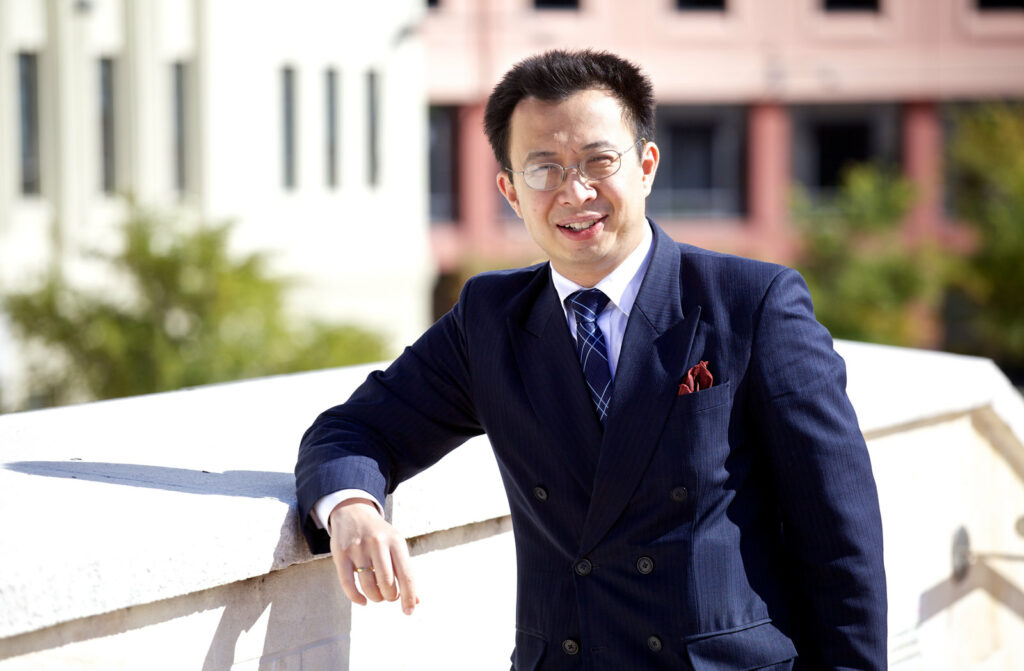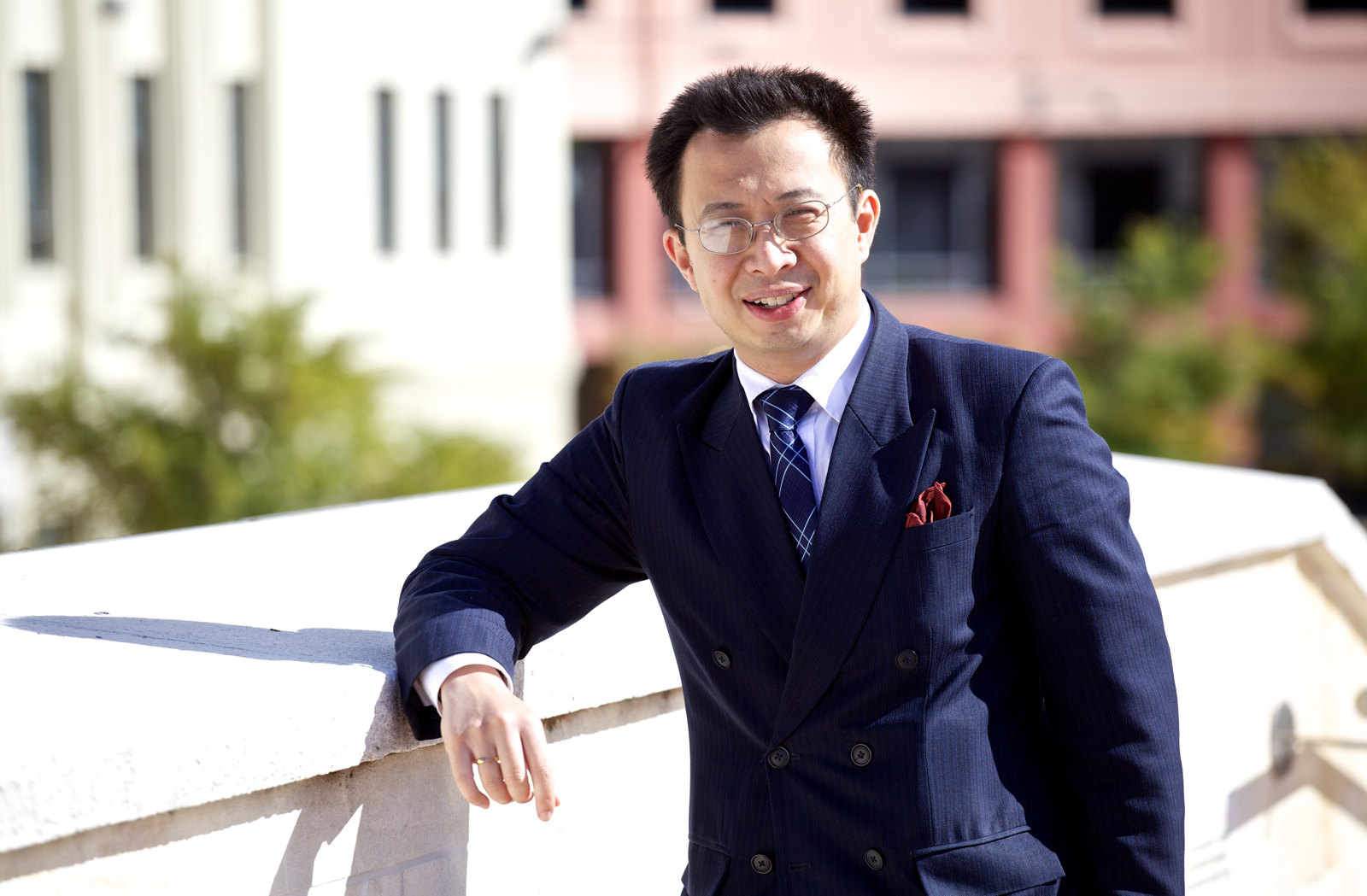I’ve served with Business Mentors New Zealand for 17 years. It might be time to depart, after my present client. This has always been a voluntary role and bless all those who have given their time, and continue to give their time, to business people around the country. I have made two real friends over […]
Reach out if you need a business mentor

